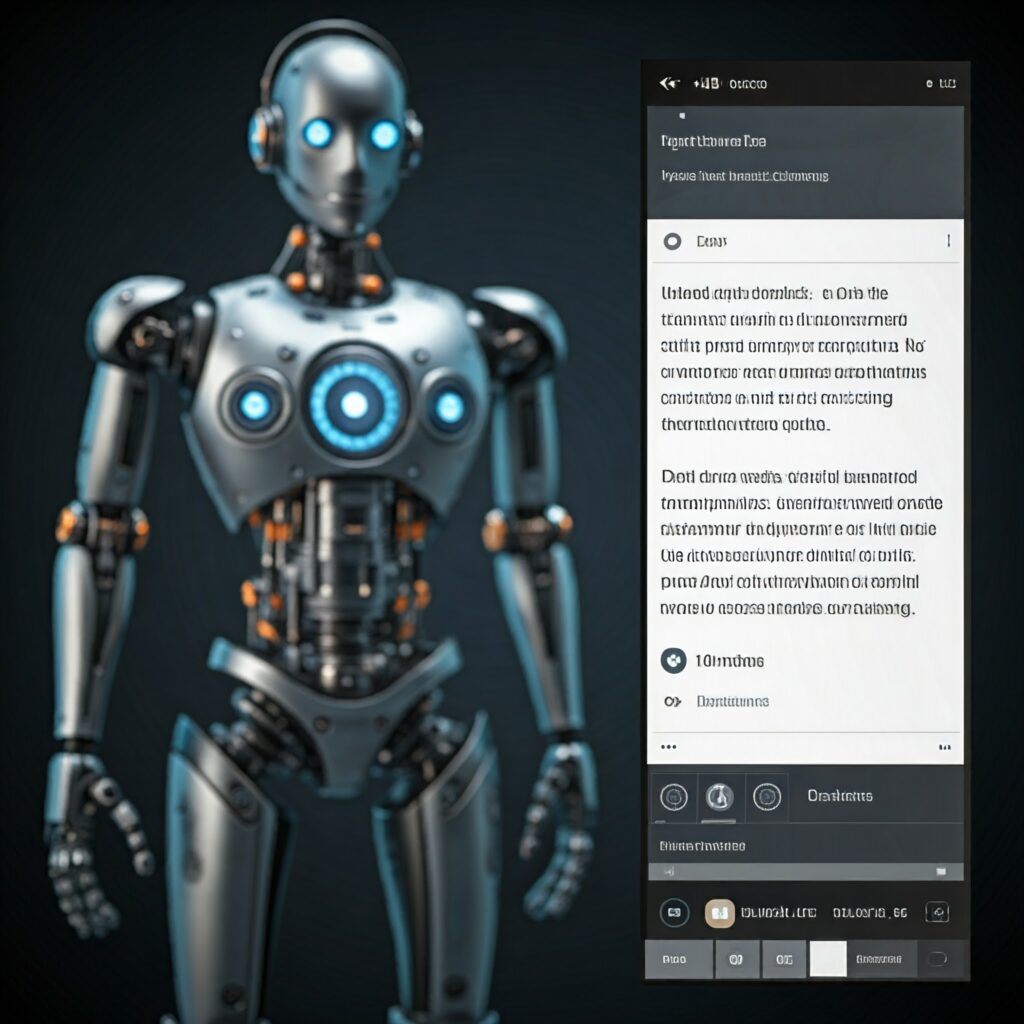
The combination of artificial intelligence (AI) and programming is rapidly reshaping tech.
As AI continues to evolve, its impact on the world of programming is becoming increasingly profound.
In this article I’ll talk about the current state of AI and programming, talk about the future of AI and software engineering, and also discusses the ethical considerations that will arise.
AI Will Make Programmers/Software Engineers More Productive and More Efficient
AI has already begun to revolutionize various aspects of programming, offering tools and techniques that streamline development processes and enhance productivity.
Some of the key ways AI is currently impacting programming:
- Code Generation: AI-powered code generation tools like Gemini and ChatGPT can automatically generate code snippets or even an entire codebase for an application based on prompts (inputs) these tools are given. This can significantly reduce development time and effort, especially for repetitive coding tasks.
- Code Completion: Intelligent code completion systems can suggest code completions as developers type, saving time and reducing errors. These systems learn from code repositories and developer behavior to provide highly accurate and contextually relevant suggestions.
- Debugging: AI-driven debugging tools can analyze code and identify potential errors or performance bottlenecks. These tools can provide automated fixes or suggest improvements, making debugging a more efficient process.
- Testing: AI can automate various testing tasks, such as unit testing, integration testing, and performance testing. This can help ensure code quality and reliability while freeing up time for developers so they can focus on the more creative aspects of their work.
- Natural Language Interfaces: AI-powered natural language interfaces allow developers to interact with programming environments and tools using natural language commands. This can make programming more accessible to a wider range of people, including those without extensive coding experience.
The Future of AI and Programming
The future of AI and programming holds immense potential for innovation and transformation.
As AI continues to evolve, we can expect to see even more significant impacts on the field of software engineering.
Some of the key trends to watch include:
- AI-Powered Development Environments: Future integrated development environments (IDEs) will likely be powered by AI, providing intelligent assistance at every step of the development process. These environments will adapt to individual developer preferences and learn from their coding patterns to offer highly personalized suggestions and automation.
- Low-Code and No-Code Development: AI-driven low-code and no-code development platforms will empower non-technical users to create applications without having to write a lot of code. These platforms will use AI to generate code automatically based on visual design and configuration.
- Autonomous Programming: In the long term, AI may be able to autonomously write and maintain code, freeing up developers so they can focus on higher-level tasks such as system design and architecture.
However, this is still a distant vision, and human expertise will remain essential for complex problem-solving,creative thinking and innovation.
- Ethical Considerations: As AI becomes more integrated into programming, it is crucial to address ethical considerations such as bias, fairness, and transparency. Developers must be mindful of the potential for AI to perpetuate biases and ensure that their AI systems are designed and used responsibly.
Ethical Implications of AI in Programming
The increasing reliance on AI in programming raises important ethical questions. Some of the key ethical considerations include:
- Bias and Fairness: AI systems can inherit biases from the data they are trained on. This can lead to discriminatory outcomes, particularly in areas such as hiring and lending. Developers must be vigilant in addressing bias and ensuring that their AI systems are fair and equitable.
- Transparency and Explainability: AI models can be complex and difficult to understand. It is essential to develop techniques for making AI systems more transparent and explainable, so that developers can understand how they work and identify potential issues.
- Job Displacement: The automation of programming tasks through AI may lead to job displacement for some programmers. However, it is also likely to create new job opportunities in areas such as AI development, data science, and ethical AI.
- Security and Privacy: AI systems can be vulnerable to attacks, and their use in programming raises concerns about the security and privacy of software systems. Developers must prioritize security and privacy when designing and implementing AI-powered programming tools.
Conclusion
The future of programming is inextricably linked to the advancement of AI.
By embracing AI as a tool and partner, programmers can unlock new levels of productivity, creativity, and innovation.
However, it is crucial to approach AI with a sense of responsibility and to address the ethical implications of its use.
By doing so, we can harness the power of AI to build a better future for programming and society as a whole.
How has AI helped you as a programmer?
What are your thoughts about the future of AI and programming?
Let me know your thoughts in the comments section below!



